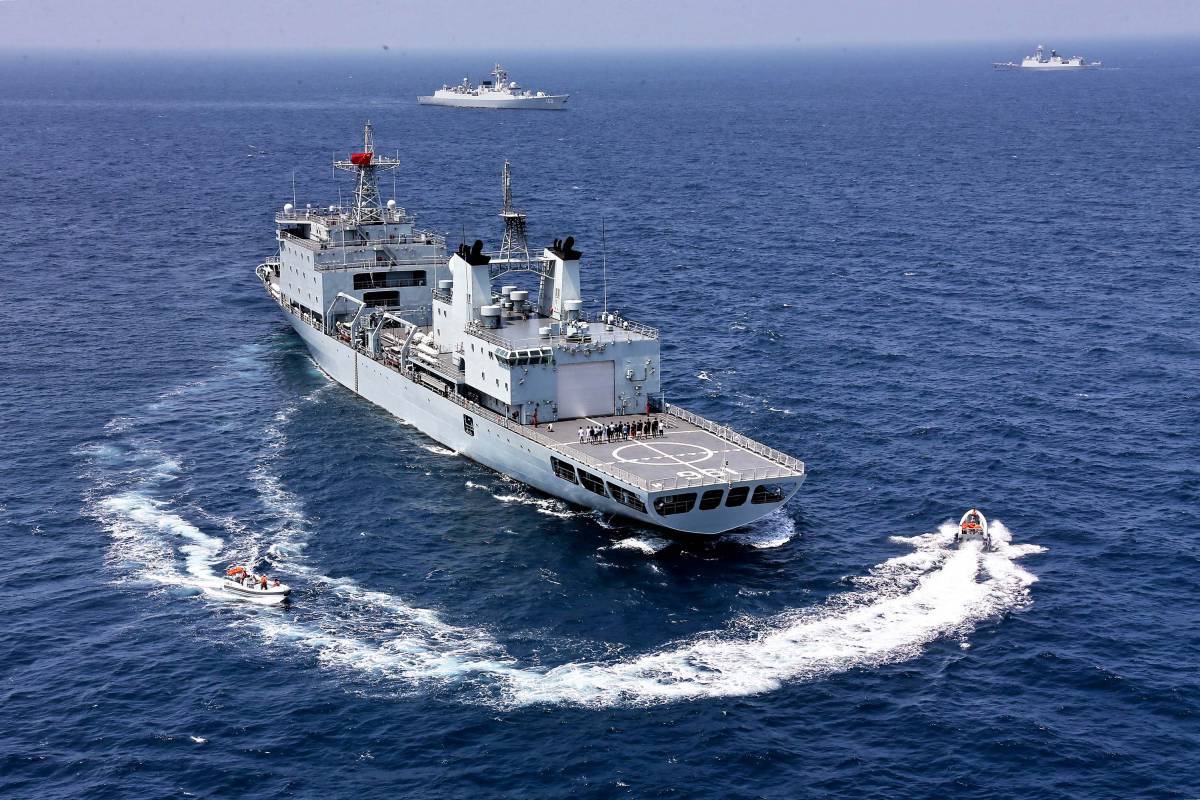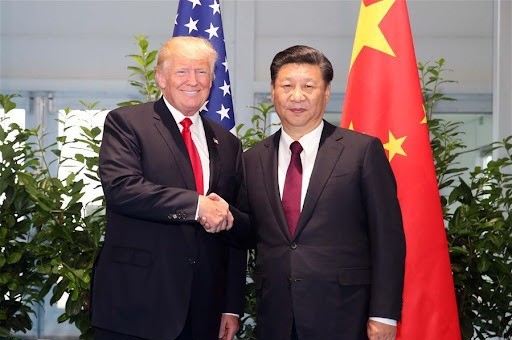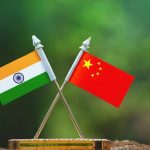China’s unilateral moves to build artificial islands in the South China Sea region, sidestepping the concerns of several other countries, is resulting in environmental degradation…reports Asian Lite News
Chinese activities in the Indo-Pacific are causing severe environmental degradation in the region.
Pia Sherman, writing in Global Strat View said that the Indo-Pacific strategy talks about building regional resilience to 21st-century transnational threats, including by “Reducing regional vulnerability to the impacts of climate change and environmental degradation.”
China’s unilateral moves to build artificial islands in the South China Sea region, sidestepping the concerns of several other countries, is resulting in environmental degradation and impacting marine biodiversity in the Indo-Pacific.
The construction of these artificial islands is in clear violation of the United Nations Convention on the Law of the Sea (UNCLOS) of 1982, of which China is also a signatory, said Sherman.

China has formed 3,200 acres of artificial land in the South China Sea, raised an airstrip with the capacity to land fighter jets and large commercial planes, built 72 fighter-jet hangers, and commissioned 10-12 large aircraft on Fiery Cross, Subi, and Mischief Reefs in the Spratly Islands. It has made military installations in the Woody Island of the Paracel Islands.
This construction and militarization of the South China sea have caused a steep decline in the fishing stock in the region. In 2015, the South China Sea contributed around 12 per cent of the world’s fish catch per year, but “fish stocks have declined by one-third and are expected to decrease an additional 59 per cent by 2045 if current practices persist,” reported Global Strat View.
This has caused many coastal people to give up fishing as their occupation, threatening their livelihood and causing supplementary food security issues.
Along with fishing, the fishermen are also becoming involved in poaching endangered species such as giant clams and sea turtles. The decline in the fish stock and demand for it leads to more political tensions and clashes in the South China Sea.
Moreover, the dredging process required to build the artificial islands has resulted in the destruction of the coral reefs in the area. Associated coral bleaching and dynamite fishing are further destroying the coral reefs in the sea.
Dredging work done to remove the sand and gravel from the coral reefs destroys the ecosystem. It has also led to changes in water currents. Any change in temperature and salinity in the sea waters could cause extensive damage to the marine habitat. A high sediment concentration in the water will also block the sunlight, adversely affecting the growth of corals in the sea, said Sherman.
Construction of the artificial islands and militarization required constant movement of Chinese vessels, which further pollutes the relatively fragile marine environment of the region.
In areas with significant artificial island-building, there has been a proliferation of harmful algae blooms. The excessive nutrient loadings and algae blooms exhaust the oxygen available in the marine environment and induce acidification, which causes coral erosion.
Any future human activities on the artificial islands will further cause an increase in debris and pollution and lead to further habitat destruction, said Sherman. (ANI)













